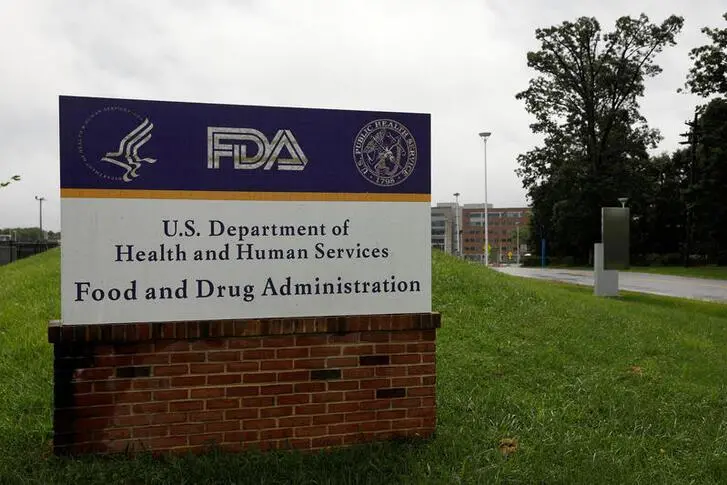PHOTO
Florida on Friday won authorization from the U.S. Food and Drug Administration to directly import prescription drugs from Canada, the first state to get such approval for a strategy that could lower prices for medicines.
U.S. drug costs are higher than in Canada and other countries where government-run healthcare systems negotiate prices for individual prescription drugs.
But importation faces challenges. In the past, Canada's government has opposed any U.S. plans to buy prescription medicines, citing threats to the country's drugs supply or higher costs for its own citizens.
"Canada has strong regulations in place to protect supply. Canadians can be confident that our government will continue to take all necessary measures to protect the drug supply in Canada," Health Minister Mark Holland said in a statement.
Innovative Medicines Canada, which represents major drugmakers, said supplying drugs to U.S. states would significantly increase the risk and severity of drug shortages nationwide.
Drug pricing experts said the importation plan would be difficult to put into place. The U.S. population is nearly 10 times the size of Canada, said Dan Ollendorf, chief scientific officer at the Institute for Clinical and Economic Review.
"This is probably another area of leverage as opposed to anything that will materially make an impact," he said. "Just the idea that a state could bring in drugs from Canada might help with negotiations over discounts and rebates."
For years, supporters of importation policy have said buying drugs from elsewhere could help lower costs in the U.S., where more than half of Americans are covered by private health plans.
Washington has taken steps to start negotiating prices. Under the Inflation Reduction Act, the government's Medicare health program for people age 65 and over will be authorized to negotiate prices with drugmakers, but only for a limited number of medications, with new prices going into effect in 2026.
The U.S. pharmaceutical industry has said the plan will not lead to lower costs for consumers and will put the safety of the drug supply at risk.
Pharmaceutical Research and Manufacturers of America (PhRMA), the industry's leading trade group, said it was deeply concerned about the plan and looking at its options.
"The importation of unapproved medicines, whether from Canada or elsewhere in the world, poses a serious danger to public health," PhRMA CEO Stephen Ubl said in a statement.
Florida still needs to submit drug-specific information for FDA review and approval as well as evidence that the drugs it seeks to import have been tested to comply with FDA standards, the agency said.
Former U.S. President Donald Trump in 2020 finalized a plan allowing states to submit import proposals. President Joe Biden followed with a 2021 order for the FDA to work with states on the plans. Florida first submitted its proposal to the FDA in November of 2020.
FDA Commissioner Robert Califf said other states seeking similar approvals "must demonstrate the programs would result in significant cost savings to consumers without adding risk of exposure to unsafe or ineffective drugs."
(Reporting by Khushi Mandowara in Bengaluru and Deena Beasley in Los Angeles; Additional reporting by Steve Scherer and David Ljunggrenin Ottawa; Editing by Caroline Humer, David Gregorio and Bill Berkrot)





















